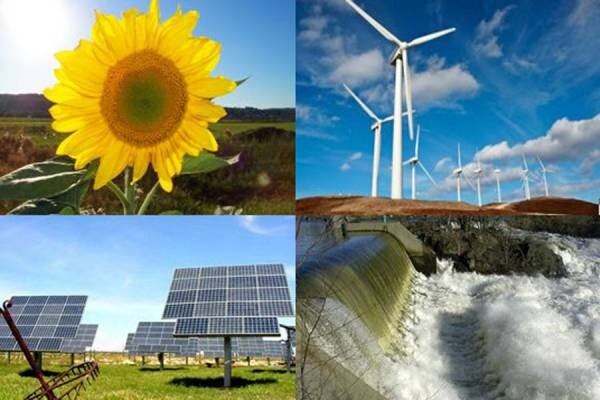
Asunción, Paraguay – Paraguay is undergoing a significant energy policy shift, moving away from its traditional reliance on hydroelectric power towards a diversified energy matrix that includes solar and other renewable energy sources. This transition is driven by the nation's increasing energy demands and the need to enhance its energy security.
The Paraguayan government has announced plans to aggressively pursue solar energy, with the goal of full-scale implementation by late 2025. A key initiative is the development of a large solar power plant in the Chaco region, known for its high solar potential. The tender for the Chaco Central solar plant, with an initial capacity of 100MW and the potential to expand to 140MW, represents a pivotal moment in Paraguay's renewable energy journey.
While Paraguay benefits from abundant and low-cost hydroelectric power from the Itaipu and Yacyretá dams, this has historically posed challenges to the competitiveness of other renewable energy sources. The low power purchase prices offered by the National Electricity Administration (ANDE) have been a major deterrent to the economic viability of solar and other renewable projects.
However, projections indicating that Paraguay's energy demand could exceed its maximum power capacity by 2031 have spurred the government to accelerate the adoption of renewable energy.
To facilitate this transition, the government has amended its renewable energy laws, streamlining the tender process for the Chaco Central solar plant and easing concession terms for private investment in energy infrastructure. Furthermore, the government has extended the duration of Power Purchase Agreements (PPAs) between ANDE and power producers to a maximum of 30 years, enhancing the stability and attractiveness of renewable energy projects.
In addition to solar, Paraguay is exploring other renewable energy options. The government is considering the implementation of floating solar photovoltaic systems on the Itaipu and Yacyretá reservoirs, which would maximize energy production while minimizing land use. Plans are also underway to develop 1,000MW of small-scale hydroelectric power plants along the Paraná River, further expanding the nation's hydropower capacity.
Paraguay is also seeking to renegotiate the Itaipu Treaty, aiming to expand Itaipu's role beyond hydroelectric power generation to include comprehensive energy generation, thereby strengthening renewable energy integration and improving the national energy infrastructure.
With these initiatives, Paraguay is poised to offer diverse investment opportunities in solar, floating solar, and small-scale hydropower projects, beginning in late 2025 or early 2026.
[Copyright (c) Global Economic Times. All Rights Reserved.]





























